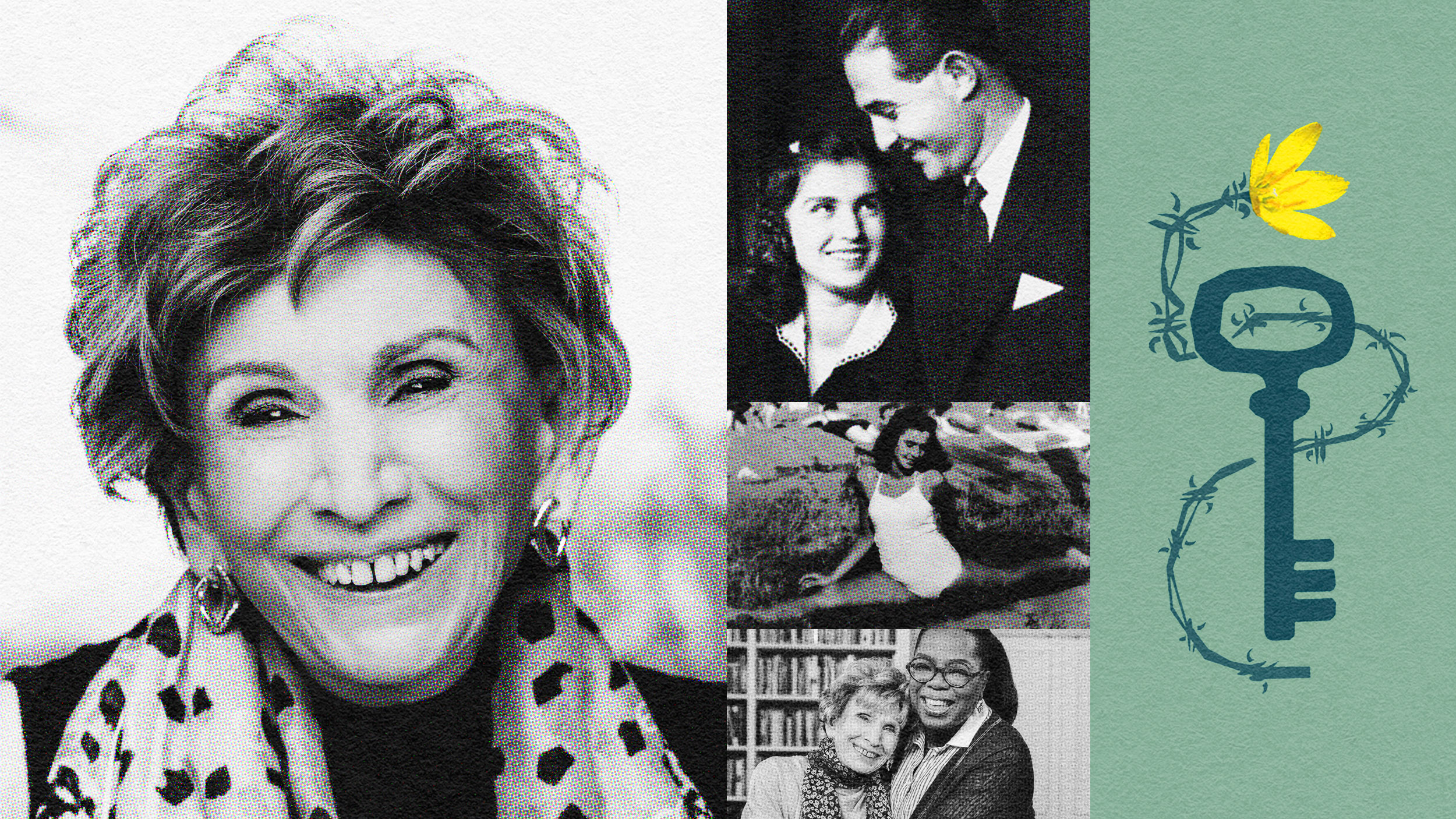“Blue Valentine” on Personal Happiness These Days

Blue Valentine is a psychologically ambitious and impressively subversive effort by a new filmmaker. It is, in a subtle but clear way, a pro-life movie. It’s quite jarring and claustrophobic; the psychological intensity and instability surely are meant to keep viewers from relaxing and just enjoying themselves. Still, in a subtle but clear way, the film is quite pro-enjoyment.
The basic message is that the instinct or, better, natural guidance we social, personal, relational beings are given to find life good lacks articulate and powerful defenders these days. That’s why the two central characters–husband and wife–are much more broken–more screwed up–than people need or ought to be. Their little girl, meanwhile, seems very happy and very trusting–or not broken at all. But we’re not given much reason to believe that she’s going to stay anywhere near that way. She’s going to be stuck with a broken home, and with parents who even together–but surely not apart–won’t give her anywhere near what she needs to find personal happiness. The film is also, of course, about how badly children are raised these days.
The wife, we learn, comes from a cold family with an at least verbally abusive father. A lot of her history is revealed during what seems to be pointlessly intrusive questioning at an abortion clinic: She started having sex at 13, had between 20 and 25 sexual partners, and the one who got her pregnant doesn’t care about her. Her father says that she isn’t the type to bring her boyfriends home. We’re shown, surely with more detail than is necessary, that she enjoys twisted sex–sex more about bodily domination than personal love. She’s especially attracted to an especially physically abusive (and physically strong–a champion wrestler) control freak, who, in any deep sense, isn’t erotic or interesting at all. We see just enough to know that she remains more attracted to him than to her husband, and one plausible scenario we’re left with is her return to that guy. Her husband says, on their last night together, that he won’t hit her and won’t rape her–no matter how much she enjoys it.
Her future husband futilely courts her for a while; he finds her very physically beautiful (which she is) and charmingly insane and full of herself (as beautiful women are). She finds him charmingly ineffectual and so a waste of time. She becomes interested in him only after she finds out she’s pregnant by the other guy. She knows she needs a friend to get through the abortion, and we see no evidence that she has any other friends. She bails at the last minute from the abortion procedure, explaining that she has to talk to her friend. The doctor is vaguely disapproving, but, sticking with the protocol of consent, lets her go. Her future husband comforts in many ways this tearful girl he barely knows. On the bus home, he says let’s be a family, and she cuddles up against him in something close to the fetal position. So it seems like he’s saved her and her baby. And he’s not vain or “manly” enough to care that the baby is not really “his.”
We learn about him that he never graduated from high school and was abandoned by his mother. He’s a lot like his father, who’s a very multi-talented musician but works as a janitor. The husband tells his wife he didn’t know he was looking to be a husband and father. But it turns out that being the family guy is all he wants. Despite his many talents, he satisfied painting houses and devoting his real energies to loving his family. He’s all about enjoying all the good things of life in quite unsophisticated ways. His wife asks him if he’s really satisfied with a job that causes him to be drinking at 8 a.m. His very funny and memorable response is that it’s a luxury to have a job that allows you to drink in the morning. Drinking fairly heavily is supposed to be a sign of despair. But not for him: He enjoys alcohol and tobacco and playing with daughter and making love and all the enjoyments available to ordinary guys. And he’s really content: Life is plenty good, and he doesn’t need more.
But his wife has grown tired of him. She’s pretty ambitious; she works as a nurse, and she’s focused on her career. We see her, with some irony, performing ultrasounds on women who really want to have babies. But it turns out that the doctor who wants to promote her isn’t mainly interested in her professional comptence. Her husband isn’t envious about her success, and someone might say he’s a perfect husband for a career woman. She’s dissatisfied with him, she says angrily, because she’s more of a man than he is. That is, in a way, true enough.
More reasonably, she’s frustrated because he won’t really talk with her; one reason his contentment seems unmanly is that it’s so inarticulate. It seems to her that she has two children, and she’s tired of both their silliness. And so her mothering is pretty perfunctory and joyless. She’s neither a caring wife nor a caring mom, but only her husband feels the rejection (thanks to his protection of his daughter). We have to say she isn’t wrong to be unhappy with a husband who’s not in every way a grown up, but she’s living too distantly from the goodness of genuinely erotic and relational personal life to appreciate properly what’s really good about him. Maybe we can say that he, most of all, can’t give her the words she needs, words she wouldn’t have heard in biology class either.
Someone might say it would have been better if she had had the abortion instead of being stuck with a husband and a kid she chose for the wrong reasons. What makes that conclusion implausible is the real presence of the little girl, who is the most compelling character in the film.
There’s a lot to think about here about how hard it is to be happy these days, and this film doesn’t turn our thoughts in a feminist or “autonomous” direction. I’ll have to say more later.




